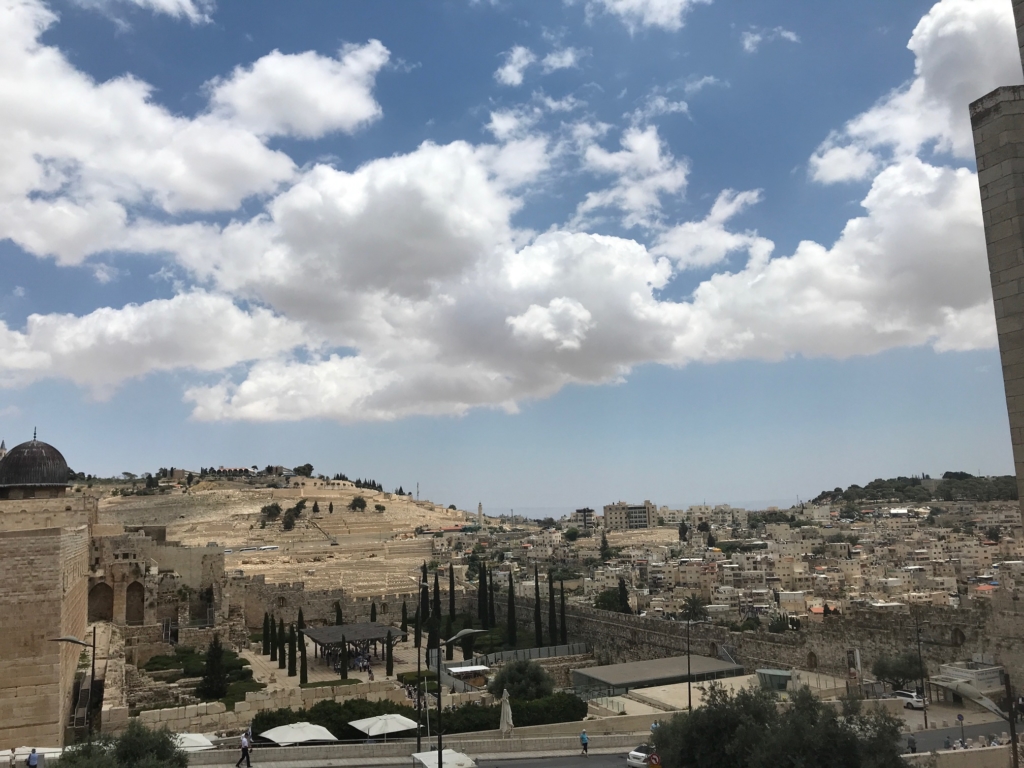In a controversial move, Jerusalem, a city steeped in history, tradition and ancient culture, is turning a new leaf. Despite being loved for its low Old City skyline, the municipality has recently approved a series of new high rises. Once upon a time the city was allowed only to build up to 8 stories, slowly allowing 15 stories, then 33, and with recent plans to reach 50 floors.

Ten high rise buildings are slated to be built within the next decade. None are placed in the Old City center, though some believe it will ruin the unique Jerusalem vibes, and take away from the magic of the preciously preserved city. Others believe that the upgrades are necessary for advancement and that innovation and business is the only way to keep the city on the map.
In another expansive move, Jerusalem’s First Station, which currently hosts a slew of shops, coffee joints, and a local market, is also upgrading its quarters. Its neighboring complex, the JVP Margalit Center, home to about 100 startup offices, plans to expand to create an entire public campus, which will include three hotels, 200 housing units, 4,000 square meters of office space, as well as space for more coffee shops, commerce, and culture. About 7,500 square meters is planned for educational space, including a headquarters for pre-army programs.
Chairman Erel Margalit, founder of Margalit Startup City says, “It is precisely in these difficult times, more than ever, that Jerusalem needs to build itself for the new world after the economic and social crisis. Innovation is the key to rebuilding cities.”








